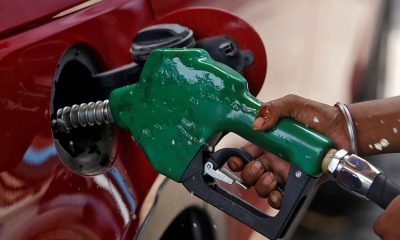Business
NNPC sells petrol to IPMAN at N995/litre
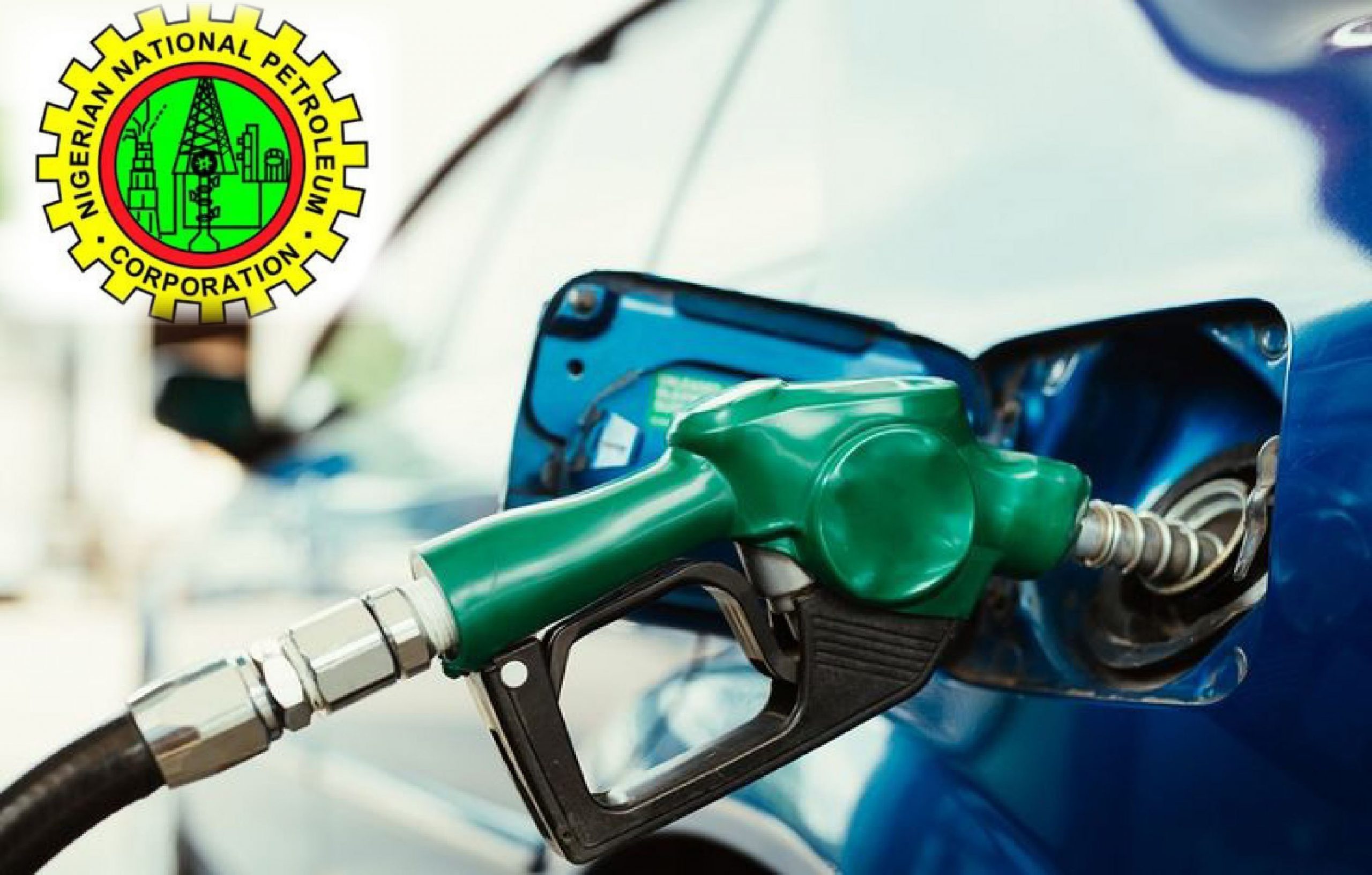
NNPC sells petrol to IPMAN at N995/litre
The Nigerian National Petroleum Company Limited (NNPCL) has agreed to supply Premium Motor Spirit (petrol) to members of the Independent Petroleum Marketers Association of Nigeria (IPMAN) for N995 per litre.
This came when the Department of State Services stepped in to resolve the dispute between the two parties.
The National Vice President of IPMAN, Hammed Fashola, informed our correspondent that the DSS intervention resolved many of the issues that merchants had.
Fashola also acknowledged that, as a result of their participation, the Nigerian Midstream and Downstream Petroleum Regulatory Authority agreed to pay the association’s unpaid N10 billion while resolving concerns with direct petrol purchases from the Dangote refinery.
“We really appreciate their intervention. They are doing their job. Anywhere they have seen that there may be a crisis, it is their duty to intervene. And their intervention brokered peace and understanding between the parties, and everybody agreed to work together,” Fashola stated.
Speaking on how much the NNPC will sell PMS to IPMAN, he replied, “For now, tentatively, I think they are offering us N995 per litre.”
With the N995 ex-depot pricing, Fashola promised that IPMAN members would no longer sell at costs much greater than those of large marketers, but said that distance is another reason for overpriced PMS.
“Our members sell at N1,200 or so, and this depends on the location. I think with the N995, there will be a little reduction. Don’t forget that if you transport a product from Lagos to a far distance, you will pay for transportation and other charges.
“We want to work on that because we want to have common ground. When we sit down and look at the price analysis offered to us and factor in all our expenses, we want to have a uniform price as much as possible.
“So, I will not be able to tell you the exact price now, but we are working on it, especially in the Lagos axis and other zones. We will look at the transportation cost and all that. At the end of the day, we will fix the price for ourselves,” he stated.
READ ALSO:
- Just in: Fuel, food prices push up inflation to 32.70%
- PDP Govs nullifies Damagum’s suspension asks rival to vacate office
- FG spends ₦380bn on electricity subsidy in second quarter —NERC
The IPMAN head highlighted that IPMAN is interested in competitive prices, citing price disparities as a detriment to independent marketers.
“The price disparity has been a disadvantage between us and the NNPC Retail and major marketers. So, we are trying to look at how to close that gap so that we come back fully into the business. The lack of direct supply has been our problem, and now that we are solving that problem, I don’t think that disparity will be there again,” he stressed.
Fashola elucidated that the price differential is the reason for the queues in some filling stations in the cities.
“The queues you see are because of that difference in prices; that’s why people are saying there are queues. There are no queues; it is the price disparity that is causing the queues. So, if there is not much difference, we have filling stations everywhere; just drive in, buy fuel, and go. But that so much difference in the price is creating that scenario of queues,” he narrated.
Speaking on the directive that marketers can now buy petrol directly from local refineries, Fashola said the association would meet with Dangote this week.
“For now, we intend to meet with Dangote this week to see how we work out the modalities and all that. The Federal Government has given a directive, and we want to take full advantage of that,” he posited.
The IPMAN vice president emphasised that the association is not ignoring the NNPC either, as it would patronise the best price.
“At the same time too, we are not ignoring NNPC. So, whichever way, we are ready to do business with NNPC. It depends on the price; we go for the best.
IPMAN disclosed on Thursday that the cost of fuel from the Dangote Petroleum Refinery to NNPC was approximately N898/litre, but that NNPC was selling the same product to independent marketers in Lagos for N1,010/litre.
The association, which owns more than 70% of filling stations in the country, protested and threatened to shut down operations, as well as a return from the NNPC for previous petrol supply payments made by its members.
Abubakar Maigandi, the IPMAN national president, said in a live television interview on Thursday that the price was greater than what the NNPC paid for the Dangote refinery product.
He also stated that the national oil company had kept independent marketers’ funds for almost three months.
According to him, the NNPC acquired the fuel from the refinery for N898/litre but is demanding marketers to pay N1,010/litre in Lagos, N1,045 in Calabar, N1,050 in Port Harcourt, and N1,040 in Warri.
“Our major challenge now is that independent marketers have an outstanding debt from the NNPC, and the company collected products through Dangote at a lower rate, which is not up to N900, but they are telling us now to buy this product from them at the price of N1,010/litre in Lagos; N1,045 in Calabar; N1,050 in Port-Harcourt; and N1,040 in Warri,” Maigandi stated.
NNPC sells petrol to IPMAN at N995/litre
Aviation
Aviation workers threaten nationwide airports shutdown over Customs officer assault

Aviation workers threaten nationwide airports shutdown over Customs officer assault
Aviation unions have announced plans to shut down airports across Nigeria starting March 31 in protest against the failure to remove a customs officer who allegedly assaulted the Director of Aviation Security at the Federal Airports Authority of Nigeria (FAAN).
In a joint statement signed by Ocheme Aba (NUATE), Frances Akinjole (ATSSSAN), and Abdul Rasaq Saidu (ANAP), the unions condemned the repeated physical assaults on FAAN staff, vowing not to tolerate such incidents any longer.
The unions also called on the government to urgently reduce the number of customs officers operating within the aviation sector, aligning with global best practices. They warned that if their demands are not met, they will proceed with the nationwide shutdown, potentially disrupting air travel and operations.
The statement reads: “Considering the enormity and frequency of physical and psychological assault on the staff and management personnel of FAAN, of which there is no end in sight, we are compelled to inform the management of the unwavering determination of our unions to cause the establishment of a clear framework of mutual respect among FAAN staff and the security agencies operating at the airports.
READ ALSO:
- Over 100 suspects arrested in Abuja Ponzi Scheme Academy raid
- Again Obasanjo accuses federal lawmakers of bribery
- FG to pay corps members backlog of delayed N77,000 allowance
“Consequential sanctions are in place which guarantee the safety and human rights of FAAN staff. We shall direct all the workers to withdraw from the airports with effect from March 31, 2025, pending when such protocols are established.
“The recent assault on no less a personality than the Director of Aviation Security of FAAN is one too many, which leaves a taste too bitter to swallow. It is our sincere hope that our demand in the above respect is well met to avoid the industrial conflagration that will ensue in the absence of acceptable remedial actions.”
In response, Abdullahi Maiwada, the spokesperson for Customs, stated in a recent release that the disagreement between FAAN officials and officers of the Nigeria Customs Service (NCS) stemmed from a miscommunication over equipment movement and seating arrangements.
Aviation workers threaten nationwide airports shutdown over Customs officer assault
Business
SEC announces stricter measures to protect investors
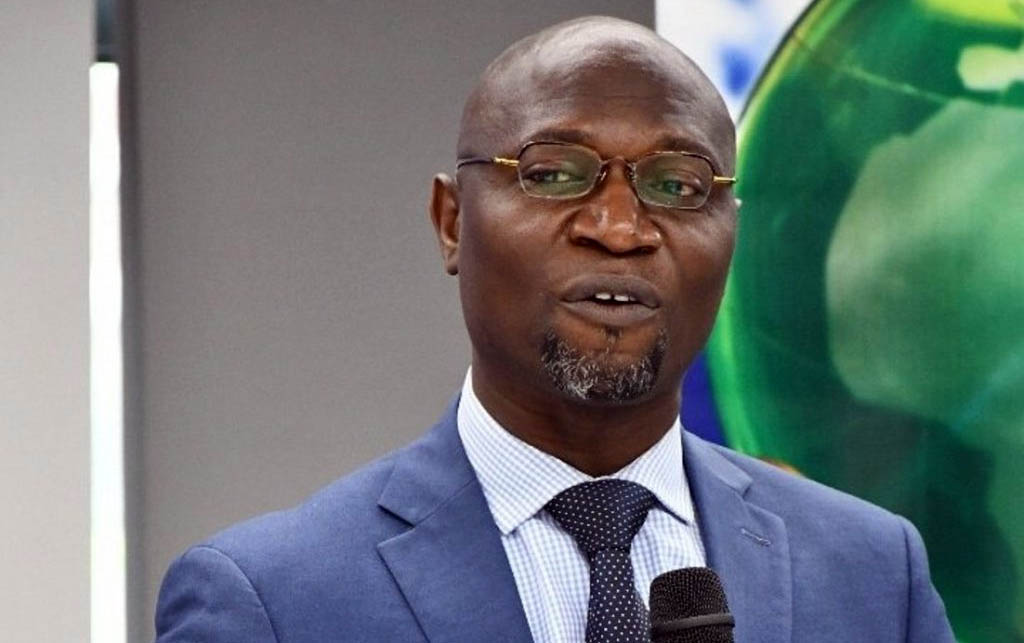
SEC announces stricter measures to protect investors
The Securities and Exchange Commission (SEC) has reaffirmed its commitment to protecting investors in Nigeria’s capital market by cracking down on fraudulent activities.
According to the Director-General of SEC, Dr. Emomotimi Agama, operators engaging in unscrupulous practices will face strict penalties as the Commission prioritizes safeguarding investor interests.
“So, clearly for us, it is getting people to understand that there is no hiding place anymore for anybody that has the intention to defraud Nigerians and to defraud anybody that is investing in this market,” Dr. Agama stated, emphasizing the Commission’s zero-tolerance policy.
READ ALSO:
- Why postgraduate students are ineligible for FG loan – NELFUND
- Bitcoin rises above $86,000 as crypto market gains momentum
- 2 Nigerians in US face heavy jail term over fraud
Dr. Agama highlighted that the Investments and Securities Act (ISA) 2007 serves as the framework for securities regulation in Nigeria, ensuring that market operators adhere to high ethical standards.
He emphasized the importance of the “fit and proper person’s test,” which requires operators to meet specific regulatory criteria to maintain their licenses.
“This is because the very ethics of regulating or registering a securities market operator is in the principle of the fit and proper person’s test,” he explained.
“What you have been seeing most recently by the revocation of licenses, the suspension of operators and our follow-up to operators that are not registered with the SEC is only a tip of the iceberg as to what we intend to do this year.”
Dr. Agama assured stakeholders that the SEC will leverage its regulatory powers under Nigerian law to deter fraudulent activities, noting, “We believe strongly that a protected investor is a powerful investor.”
SEC announces stricter measures to protect investors
Business
Bitcoin rises above $86,000 as crypto market gains momentum

Bitcoin rises above $86,000 as crypto market gains momentum
Bitcoin and other leading cryptocurrencies extended their gains on Monday, buoyed by positive investor sentiment despite concerns over upcoming U.S. tariffs and key economic data releases later this week.
As of 7am WAT, Bitcoin rose 3.2% to $86,590, while Ethereum gained 2.3%, trading at $2,047.
The global cryptocurrency market capitalization increased by 2.94% in the past 24 hours, reaching $2.84 trillion.
Other notable performers included XRP, Cardano, and Dogecoin, which posted gains of 3%, 2%, and 3.8%, respectively. Chainlink, Avalanche, Hedera, and Stellar recorded growth ranging from 3% to 10%.
“Bitcoin is holding above $86,000, registering a 3% gain today. The key resistance level to watch is $86,700; a breakout could pave the way for $90,000,” said Vikram Subburaj, CEO of Giottus.
Bitcoin’s market capitalization surged to $1.727 trillion, with dominance rising to 60.73%. Its 24-hour trading volume soared by 93% to $18.2 billion, while stablecoin transactions accounted for 94.74% of total crypto trading, reaching $57.58 billion, according to CoinMarketCap.
READ ALSO:
- 2 Nigerians in US face heavy jail term over fraud
- Canada denies 13,000 Nigerians refugee status
- Lagos Govt to redesign Oshodi motor park for rail integration
Solana Outperforms Peers Amid Positive Market Sentiment
Solana (SOL) emerged as a standout performer, surging over 7% in the past 24 hours to trade above $139.
The rally was fueled by reports suggesting that President Trump’s April 2 tariffs may be more targeted than initially feared, easing market concerns.
Weekend rumors indicated that the tariffs might include country exemptions and non-cumulative charges on metals, contributing to improved sentiment across global markets.
The Federal Reserve’s projections for two rate cuts this year further supported risk assets, with the central bank describing potential tariff-induced inflation as “transitory.”
BitMEX co-founder Arthur Hayes expressed optimism about Bitcoin’s trajectory, stating, “The Fed’s policy orientation could help Bitcoin achieve $110k before it retests $76.5k.”
Solana’s momentum aligns with unprecedented acceptance rates. DeFiLlama reported that Solana’s total value locked (TVL) reached 54.87 million SOL, its highest level since June 2022. Ali Charts revealed that a record 11.09 million addresses now hold SOL, underscoring growing adoption.
Bitcoin rises above $86,000 as crypto market gains momentum
-
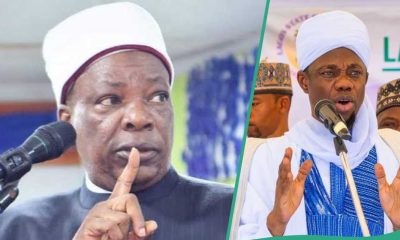
 metro1 day ago
metro1 day agoAttack on Mufty of Ilorin: Onikijipa Family Charges Stakeholders to Call Sheikh Habibullahi Al-Ilory to Order
-

 metro2 days ago
metro2 days agoCourt refers Ojukwu property case to alternative dispute resolution
-
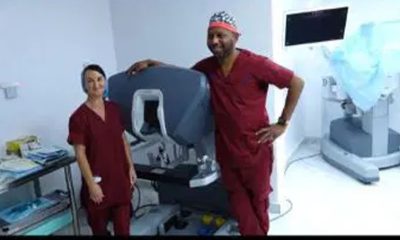
 Health2 days ago
Health2 days agoNigerian doctor pioneers W’Africa first robotic prostate cancer surgery
-

 metro2 days ago
metro2 days agoCBN rejects Osun nomination of ex-Aregbesola’s commissioner as bank director
-
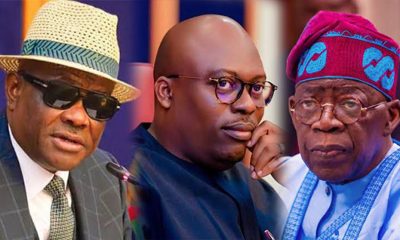
 metro2 days ago
metro2 days agoRivers: Presidency reveals security intelligence leading to emergency rule
-
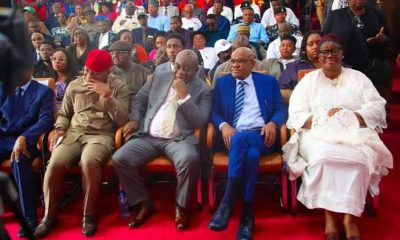
 metro2 days ago
metro2 days agoFubara: Supreme Court reacts to photo of Justice Agim with Wike
-
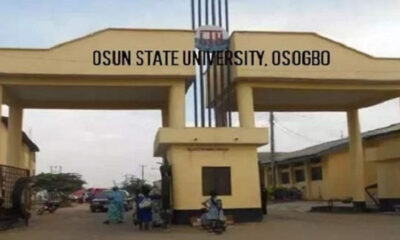
 metro2 days ago
metro2 days agoUNIOSUN mourns as 5 students die in auto crash
-
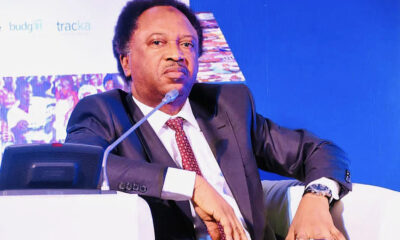
 metro2 days ago
metro2 days agoShehu Sani faults senators taking voice vote objection to media







